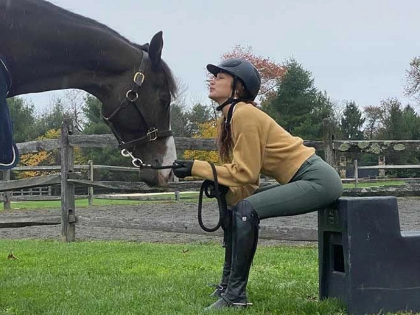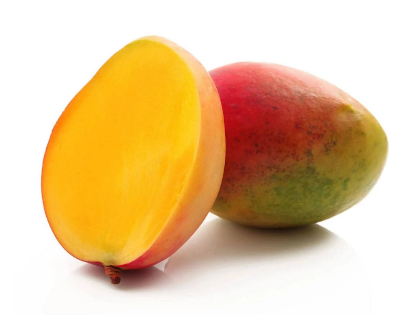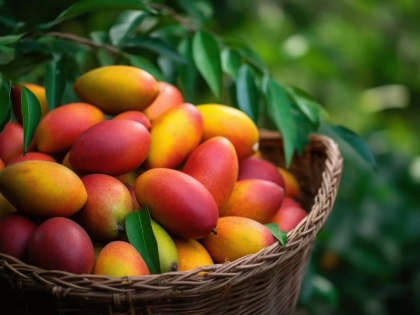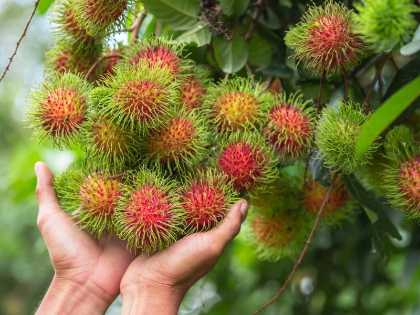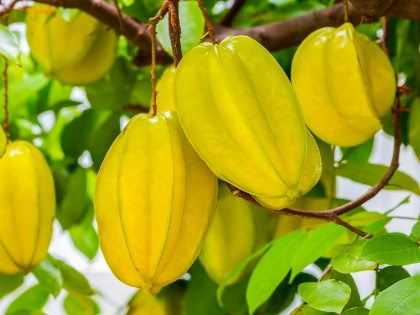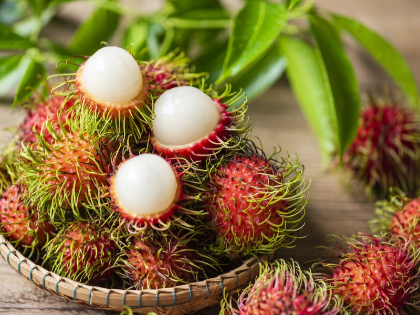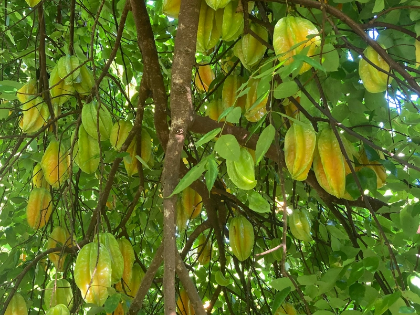Sustainable Feed Options for Horses
Ecological Horse Feed Choices

Locally Sourced Forage
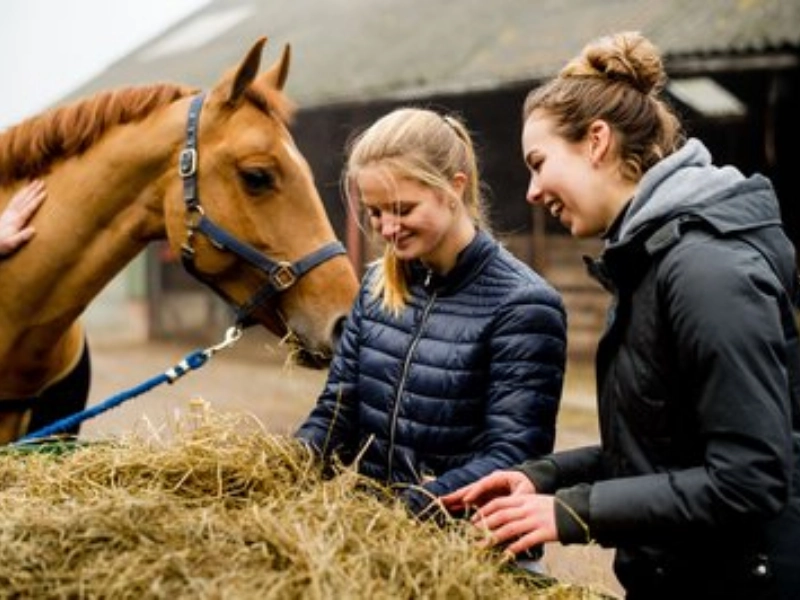 Locally grown fodder is among the most sustainable feed available for horses. Grown nearby, hay and pasture grasses help surrounding farmers and lower transportation emissions. When choosing forage, one should pick premium choices devoid of herbicides and pesticides. Since organic hay is grown without synthetic chemicals, therefore encouraging better soil and ecosystems.
Apart from being ecologically sustainable, locally grown fodder may give horses their necessary nutrition. Variations in protein, fiber, and vitamins abound in different kinds of grasses and legumes. Frequent forage nutritional content testing guarantees horses get a balanced feed catered to their particular needs. Horse owners may support the local economy by giving local sources top priority and make sure their horses flourish on fresh, nutrient-dense food.
Locally grown fodder is among the most sustainable feed available for horses. Grown nearby, hay and pasture grasses help surrounding farmers and lower transportation emissions. When choosing forage, one should pick premium choices devoid of herbicides and pesticides. Since organic hay is grown without synthetic chemicals, therefore encouraging better soil and ecosystems.
Apart from being ecologically sustainable, locally grown fodder may give horses their necessary nutrition. Variations in protein, fiber, and vitamins abound in different kinds of grasses and legumes. Frequent forage nutritional content testing guarantees horses get a balanced feed catered to their particular needs. Horse owners may support the local economy by giving local sources top priority and make sure their horses flourish on fresh, nutrient-dense food.
Alternatives in Grains and Seeds
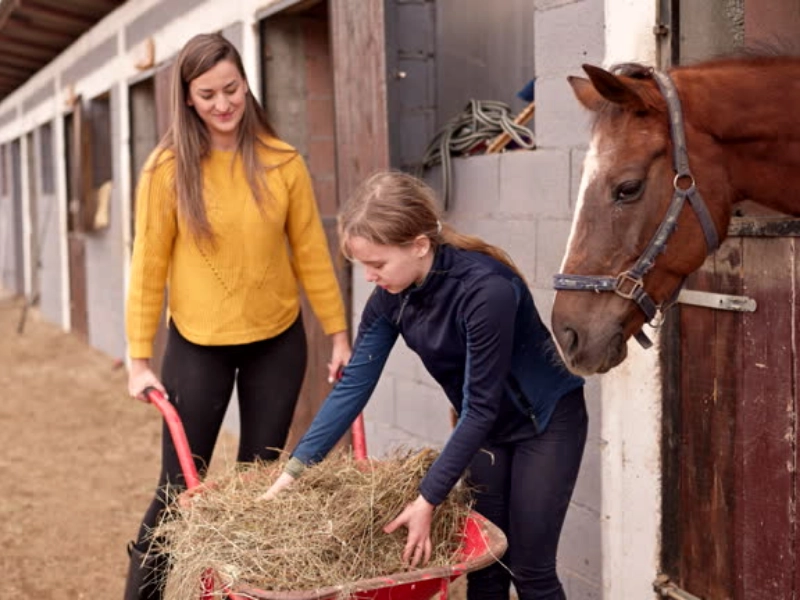 Another environmentally friendly feeding plan for a horse is using seeds and alternative grains. Growing and transporting traditional grains like maize and oats sometimes calls for large resources. Rather, take into account more sustainable choices with barley, quinoa, or flaxseed, which also have special dietary value.
For instance, flaxseed supports joint health and good skin and coat by being high in omega-3 fatty acids. Excellent addition to a horse's diet, quinoa is a high-protein grain with vital amino acids. Look for local vendors or organic choices to reduce environmental effect when choosing these substitutes. Diverse grain and seed combinations in a horse's diet help owners lower reliance on traditional feed sources and improve the general nutritional value of their horse's meals.
Another environmentally friendly feeding plan for a horse is using seeds and alternative grains. Growing and transporting traditional grains like maize and oats sometimes calls for large resources. Rather, take into account more sustainable choices with barley, quinoa, or flaxseed, which also have special dietary value.
For instance, flaxseed supports joint health and good skin and coat by being high in omega-3 fatty acids. Excellent addition to a horse's diet, quinoa is a high-protein grain with vital amino acids. Look for local vendors or organic choices to reduce environmental effect when choosing these substitutes. Diverse grain and seed combinations in a horse's diet help owners lower reliance on traditional feed sources and improve the general nutritional value of their horse's meals.
Food Production's Byproducts
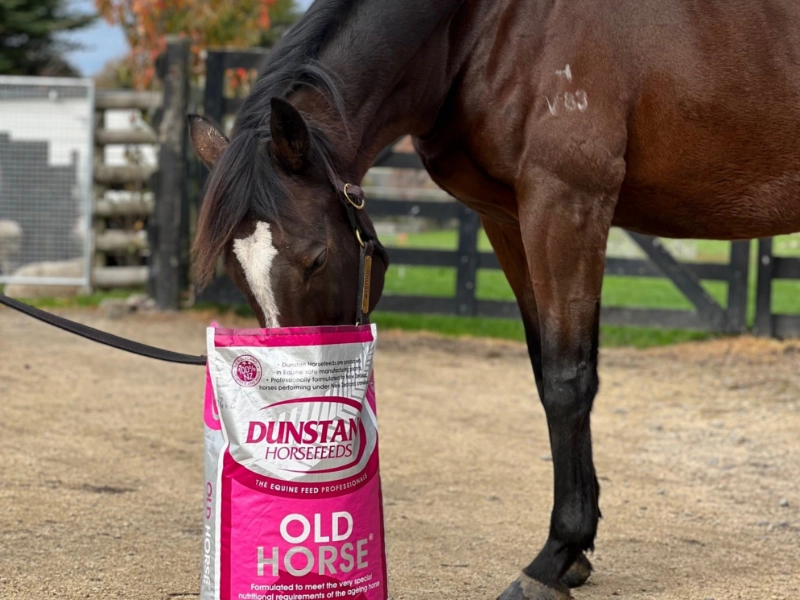 Feeding horses sustainably and cutting waste by using food production's byproducts helps to Many agricultural operations provide side products fit for use as equestrian feed. For many horses, for example, beet pulp—a byproduct of sugar beet processing—is a fibrous feed with great digestible energy but low sugar content.
Additionally useful are other byproducts like distillers grains or soybean hulls. Many times high in fiber and protein, these components offer vital nutrients free of the environmental expenses related to conventional feed crops. Including byproducts in a horse's feed requires careful consideration of safety and nutritional balance. While encouraging sustainability, consulting a veterinarian or equine nutritionist can assist ascertain the best choices for particular horses.
Feeding horses sustainably and cutting waste by using food production's byproducts helps to Many agricultural operations provide side products fit for use as equestrian feed. For many horses, for example, beet pulp—a byproduct of sugar beet processing—is a fibrous feed with great digestible energy but low sugar content.
Additionally useful are other byproducts like distillers grains or soybean hulls. Many times high in fiber and protein, these components offer vital nutrients free of the environmental expenses related to conventional feed crops. Including byproducts in a horse's feed requires careful consideration of safety and nutritional balance. While encouraging sustainability, consulting a veterinarian or equine nutritionist can assist ascertain the best choices for particular horses.
Rotation for Crops and Covering
Cover crops and crop rotation applied in feed manufacture help to improve equine nutrition's sustainability. Placed in off-seasons, cover crops like rye or clover can enhance soil quality, stop erosion, and boost biodiversity. Using these crops for horse feed adds to a more robust agricultural system. Conversely, crop rotation is the alternating over time arrangement of several varieties of crops in a given region. This method lowers the danger of pests and illnesses and helps to preserve soil fertility. Horse owners can guarantee that their feed supplies are environmentally benign and help to promote long-term agricultural sustainability by supporting farms that apply these sustainable practices. Teaching other horse owners these methods can also help to encourage a greater push toward environmentally friendly diets.
Natural Products
Another approach to improve sustainability is including organic supplements into a horse's diet. Natural sources and synthetic chemical-free production characterize organic supplements including vitamins, minerals, and herbal additions. These supplements guarantee that a horse gets all required nutrients for best health and can assist close dietary nutritional shortages. Choosing organic supplements requires careful selection of reliable brands that give sustainability first priority in their manufacturing and source policies. Many natural supplements also back local farming projects, therefore advancing sustainable development. Including these supplements into a horse's feed helps owners support environmentally friendly methods in addition to helping their animal's welfare.
Learning and Involvement in Communities
Encouragement of sustainable feed choices for horses transcends personal preferences to include teaching the equestrian community the advantages of environmentally friendly methods. Organizing seminars, conferences, or web forums will assist spread knowledge of sustainable eating and how it improves the environment and horse health. Interacting with nearby farms and feed vendors can also help to strengthen the community behind environmentally friendly methods. Developing partnerships with people that give sustainability first priority helps horse owners to better grasp their feed choices and make wise selections. Sharing success stories and best practices can also motivate others to use sustainable feeding techniques, therefore generating a knock-on effect that helps the earth as well as horses.



